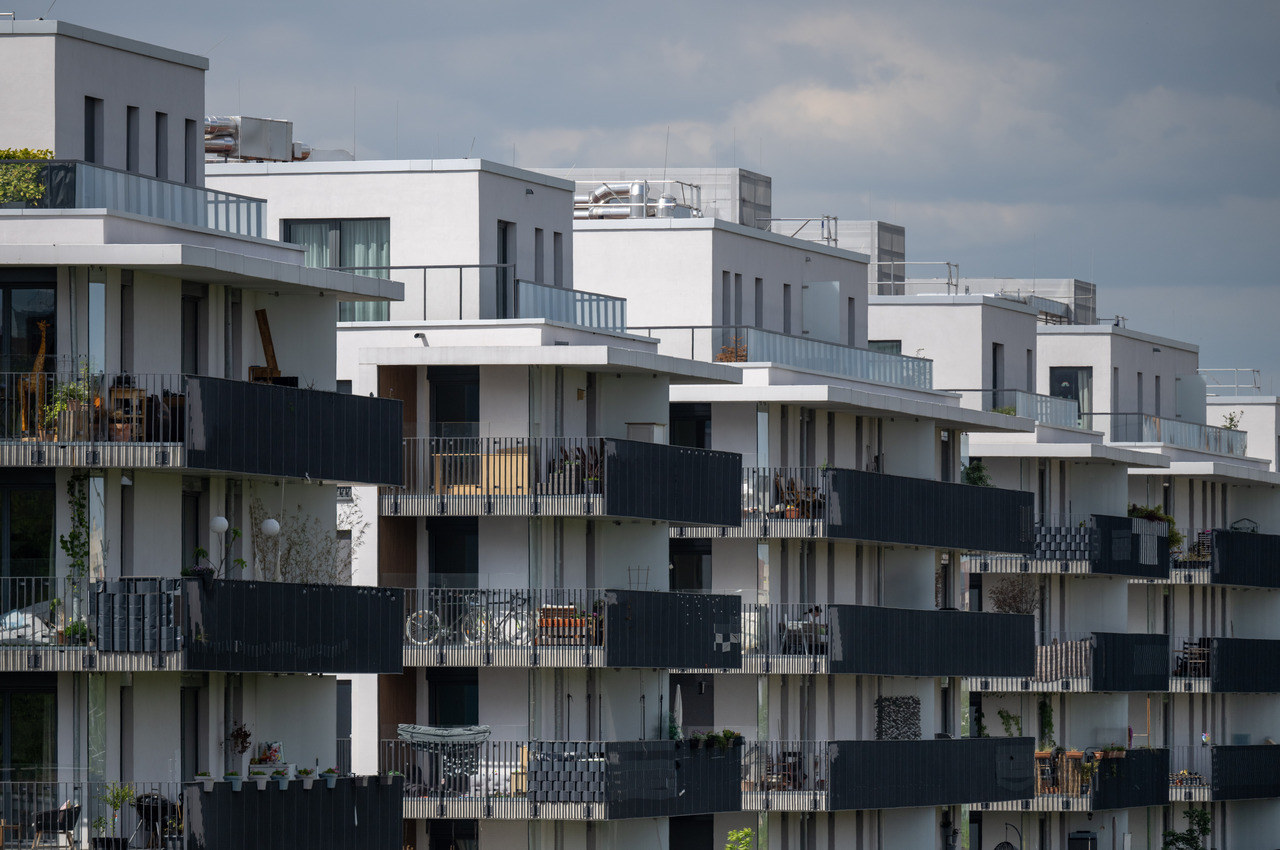The Berlin Senate, made up of a coalition of the Christian Democrats (CDU) and the Social Democrats (SPD), announced this week that it's planning several austerity measures to save billions in the budget.
Among the high profile cuts is the €29 monthly transport ticket, but there are also several other measures that will affect people living in Berlin.
READ ALSO: Why Berlin is getting rid of the €29 ticket
The city is aiming to save a total of €3 billion from a budget of almost €40 billion.
Officials argue that the savings have to be made because the city has been spending billions that it does not have. Berlin had been able to draw on reserves that were built up to cushion the impact of the pandemic and the energy price shocks of recent years.
But these reserves have been used up and are no longer available to plug budget holes.
As demonstrations against the cuts start to take place in the city, here's a look at some of the main austerity measures planned.
Transport
The biggest cuts are in this department. A staggering €660 million alone is to be cut from the budget of the Senate Department for Mobility, Transport and the Environment alone.
The €29 transport ticket, which has only been in circulation since July, will be cancelled. The CDU and SPD said they had to weigh this offer against the free transport pass for over 300,000 schoolchildren, free school meals, and childcare.
The cost of the social ticket, aimed at those on benefits, will go up from €9 per month to €19.

At least €100 million less will be available for public transport in the city centre and new construction projects.
The state subsidy to BVG for the purchase of electric buses will be cancelled according to the coalition's plans. The BVG's proposal to convert its bus fleet to electric by 2030 is therefore likely to be axed.
Funds intended for extending the tram from Alexanderplatz to the Kulturforum, for instance will also be cancelled.
The subsidy for measures to improve cycling infrastructure will be almost halved. Meanwhile, the funding of a public bike hire system operated by provider Nextbike and a cargo bike funding programme will be cut completely. Spending on improving the cycling infrastructure will also be slashed by €2.5 million.
Spending on improving road safety will be halved, according to the plans.
Environment
Around €20 million is to be cut from the city's so-called BENE II climate protection programme.
The city-state also wants to cut the subsidy to water utilities, which was earmarked for the implementation of water protection measures.
A forest programme will be slashed by €400,000, and the Senate is making almost a third less money available for the maintenance of Berlin's forests in general.
Conversion of the Kreuzberg Prinzenbad to a climate-neutral energy supply is off the table, with the Senate cutting €2 million from the programme.
The state-owned company Grün Berlin will also have to make do with significantly less money, with €10 million being cut from investments in parks. Grün Berlin will have to save €5 million in running costs, with cuts to be made to the refurbished Spreepark.
Culture
Painful cuts will hit Berlin's cultural scene. In total, around €130 million is to be slashed from the sector.
The Deutsches Theater will have to cut €3 million from its budget, the Volksbühne will see a €2 million cut, the Schaubühne will receive €1.8 million less and the Berliner Ensemble will see a cut of €1.75 million. The Opera Foundation will have to cut around €15 million from its budget of €170 million.
The Komische Oper will not receive any funding from the Senate for its planned refurbishment in 2025. Funding for artists' workspaces will be halved, resulting in savings of €12 million.
In the independent theatre and dance scene, €520,000 will be cut from funds of €2.2 million. Grants for music festivals will be significantly smaller, decreasing by €600,000.

The Diversity Fund will be completely reduced by the Senate's funds, i.e. €500,000. It was set up with the aim of promoting local diversity in Berlin's cultural sector and supporting people whose artistic perspectives have so far been poorly represented in the cultural sector. The foundation for further cultural education and cultural counselling clearly no longer has a future either; it is losing most of its funding and is to be wound up.
Social spending, education and childcare
In contrast to the other measures, the Senate departments for the Interior and Sport plus the department of Social Affairs and Labour have come off more lightly. The savings here are well below the 10 percent originally envisaged. But there will be noticeable cuts.
For instance, less money will be allocated for vehicles and technology for the fire brigade and civil defence, while funds for a new fire and rescue boat will be cancelled, saving €1.3 million.
Investments in swimming pools and the school and sports facility renovation programme will also be cut. The budget for independent youth work will be cut by €7 million.
Counselling centres for pregnant women, family and vocational training measures, accommodation for the homeless and the outpatient clinic at Berlin Zoo station are also affected by the austerity cuts.
A €300 per month allowance for teachers who work at schools with a high proportion of pupils from low-income families and without German as their mother tongue is to be slashed.
The Senate is cutting the expansion of daycare centres by €14 million. Two planned new primary schools will no longer be built, saving €95.6 million.
Subsidies to the non-profit organisation Studierendenwerk will drop by €7.5 million. The ‘Berlin School of Public Health’, a joint teaching and research platform of three Berlin universities to train young scientists in public health care, will no longer receive any funding.
Digitalisation and research
A hammer is being taken to the area of administrative digitalisation, with more than €70 million to be cut. This includes reductions in information and communication technology, such as IT security.
The broadband expansion funding programme will also be cut by €4.5 million.
The Senate is reducing funding for the university construction investment programme from €5 million to €3 million. The Charité, for instance, will now receive €8.5 million instead of the previously planned €17.3 million for the renewal of its technical infrastructure.
Housing and urban planning
The coalition wants to reduce housing subsidies in the state budget by around €150 million. To compensate for this, guarantees and loans are to be granted.
The Senate is cutting subsidies to limit rents in social housing by €3.2 million.

The Berlin Senate is drastically changing its plans for the new Jahn-Sportpark, with the aim of saving €20.4 million.
The renovation of the 'Mediterranean House' in the Botanical Gardens will be cancelled until further notice.
Savings are also to be made in street cleaning, while Berlin city marketing will also see a funding cut.
The state-owned tourism agency Visit Berlin will receive €1 million less.
Tax hikes
Coalition leaders in Berlin's government have agreed that they need to create more revenue to close the gap.
They are planning to raise the so-called amusement tax for the use of gaming machines from 20 to 25 percent, which could bring in an estimated €9 million.
The CDU and SPD also hope to raise an additional €10 million by increasing the tax on second homes.
Meanwhile, the city tax for tourists will be increased from 5 to 7.5 percent, which could raise an additional €27 million.

Comments (1)